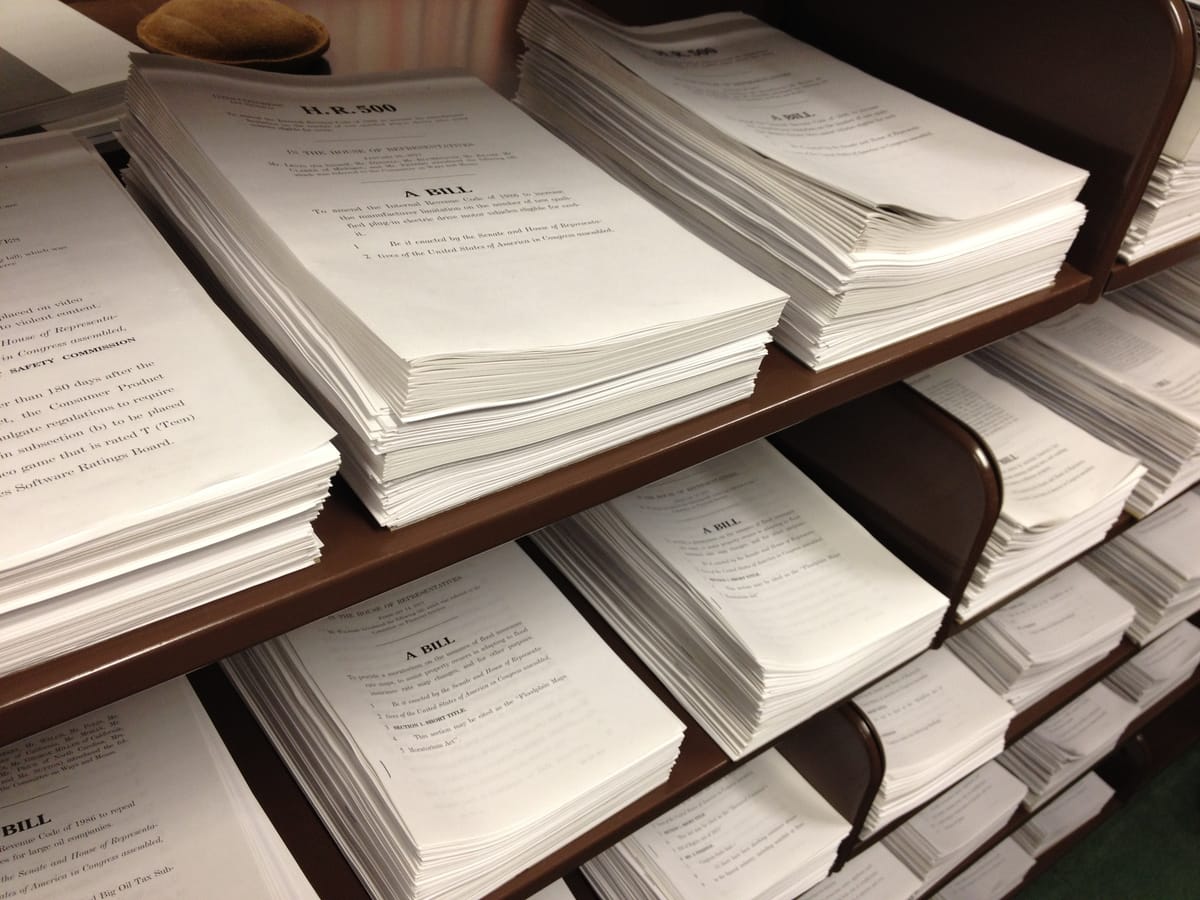White Mirror - AI for democracy

In the "White Mirror" series I talk about positive ideas for using digital technologies in a way that can improve our lives. The title is a reaction to the popular "Black Mirror" series of often dystopic vision of our digital future. While highlighting potential dangers is important, shining a light on the positive potential of digital technologies seems to me at least as important.
Ever since the widespread adoption of the internet, access to information does no longer seem to be a bottleneck. Now we are not living in a world of information scarcity but rather insight scarcity. You can find videos, text, images and other content about any subject at the tip of your fingers. But are we ready for this information overload and how are we filtering it with traditional journalism and media in prolonged crisis? Processing information and gathering insights is a critical function of functioning democracies and the decision-making process of citizens. In this episode of "White Mirror" let's look at how AI might help bring transparency to policy-making and in doing so strengthen democracies.
The issue
Since coining the term "information society" in 1995, largely thanks to digital technologies like the internet, the amount of available information continues to grow exponentially. While access to information is a good thing it raises the question of our capacity to actually process such information and use it in our decision-making process.
For a while now, it seems that this capacity is being overwhelmed, in particular when it comes to news. The media industry, in a financial and structural crisis for a while, sees less and less (paying) demand for traditional media like newspapers and TV shows as citizens opt for other means of getting their news.
In addition to news on current events, a major source of relevant information for democratic decision making are new regulations and laws. Many democratic countries make this information publicly available. However, the volume of this kind of information also keeps growing substantially.
This raises the question: if more and more information about politics is available, but the media no longer provides a good overview of what is being debated and decided and people are increasingly disinterested in news, is anybody still paying attention to those documents? And if not, what does this mean for democracies?
The idea
The Washington Post famously claims in their slogan that "Democracy dies in Darkness." But if the media is no longer shining a light on all the draft laws, adopted resolutions and published reports (or is not reaching the right audience), what are the alternatives?
This is where the idea of a "Policy Bot" comes into play. How about a transparently operated LLM that reviews, summarizes and puts into context all legislative content and other content created in democratic processes? What if instead of sifting through hundreds of pages of government report and committee minutes everybody with an interest - from policy maker to citizen - could get an overview of what is currently being discussed, what the different arguments are and how different poolicy proposals interact with each other?
This isn't science-fiction: text summarization is already an established LLM capability and many government documents are already published in either machine-readable format or easily parseable formats. Of course there are issues with summaries and hallucinations that need to be worked on but I nevertheless see potential for an AI-driven platform that works through the mountains of documents produced each day by the public sector to improve transparency, alleviate the workload for policy makers and public servants alike and ultimately improve confidence in the state through better transparency. Instead of feeling overwhelmed by the amount of information and disengaging, slowly losing trust int he system, a "Policy Bot" empowers us all to follow and engage with political debates, restoring trust in government and also making it harder to sneak in particular interests.